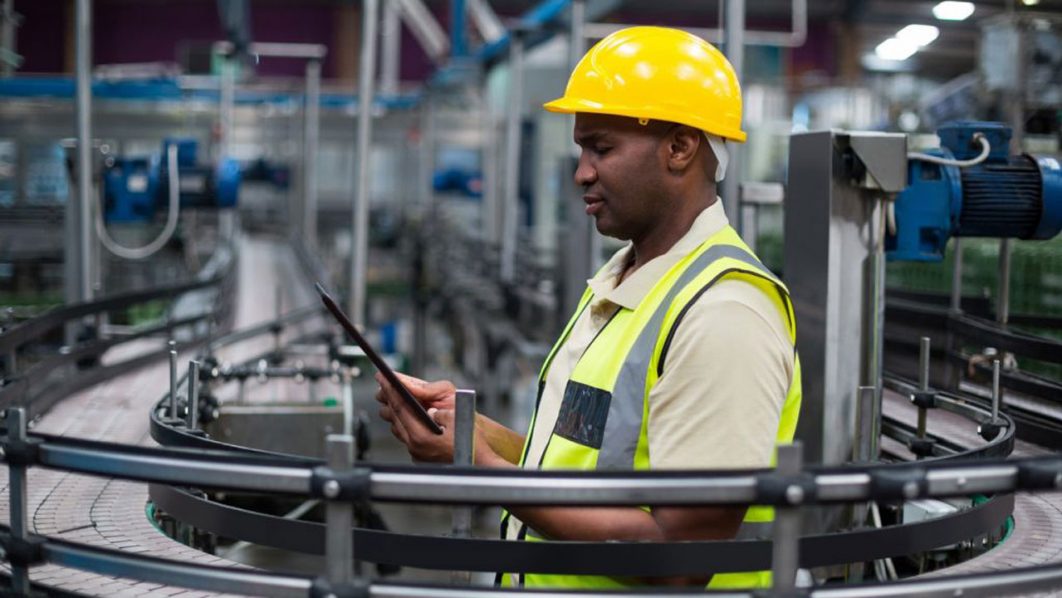
Local manufacturers have decried the challenges hindering export in the country, asserting that the Federal Government is not matching its words with action in its bid to promote local production.
Speaking at the seventh Annual General Meeting (AGM) of the Manufacturers Association of Nigeria Export Group (MANEG) at MAN House, yesterday, themed: ‘Targeting Favourable Balance of Trade and the Role of Non-oil Export Incentives for the Manufacturers’, the manufacturers said current realities and challenges were not allowing them to produce locally for consumption let alone exports.
The Guest Speaker, Prof. Joseph Ajibola, identified poor state of the roads, illegal taxes by state and non-state actors, as well as Customs Duty as among the problems that posed as a bone in the neck of manufacturers and local businesses.
According to him, 18 months ago, clearing a 40 feet container was N5 million, but today that same transaction costs roughly N25 million, a 400 per cent increase.
“The cost of clearing and duty tariff has become a great source of concern to every single stakeholder, as they have become unbearably high and a source of burden to consumers. This has contributed to the sharp increase in the prices of commodities,” he said.
Calling for streamlining of the fees, he said, “If we do deeper checks, we would easily find out that a huge part of that N25 million is off the record and unaccounted for. No business can survive with these outrageous rates and it is part of the reason businesses are failing or exiting the country.
“We are complaining about the high cost of food and raw materials, but to move a truckload of plantain from Ekiti to Lagos, we encountered almost 40 checkpoints and had to part with money at each point. By the time we calculated all we spent, we realised it was not profitable. This is no longer acceptable or sustainable, so we have abandoned it. From Seme border into Lagos has over 50 checkpoints, how do you expect businesses to cope?”
This, he insisted, has a lot of economic implications, including delay, quality of goods and prices.
“Already, Nigeria is behind in terms of food availability, as 40 per cent of what an average Nigerian farmer produces is wasted due to lack of off-takers and the cost of moving the produce is unbearable. Profit margins are practically eroded.”
Why are we having police, VIO, road safety, produce inspectors and local council officials, all checking the same truck?
“Aside being an unnecessary burden and duplicity of duties, it has become a money-making venture for these agencies. Imagine the number of local councils you will encounter between Ekiti and Lagos and you are stopped at each one; this is a major disincentive to businesses,” he said.
MAN President, Francis Meshioye, pointed out that the drop in Foreign Direct Investment (FDI) in Q2 2024 was a source of concern; hence, the need for more consistent and concerted efforts to incentivise the non-oil export sector.
He regretted that while there were many export incentives introduced by the Federal Government, only a few were being effectively pursued and they often experience counter policy regulations and actions from some other Ministries, Departments and Agencies (MDAs) that are inimical to the export business growth in Nigeria.
Meshioye added, “We need to take immediate action to ameliorate the prevailing initial negative impact of government reforms on the manufacturing sector. The escalating exchange rate, high cost of logistics, insecurity, high energy costs, the increasing cost of borrowing among other factors have all combined to further weaken the performance of the manufacturing export sector,” he said.
Manufacturers lament 400% hike in clearing costs, hurdles for export

Nigerian manufacturers
Nigerian manufacturers





